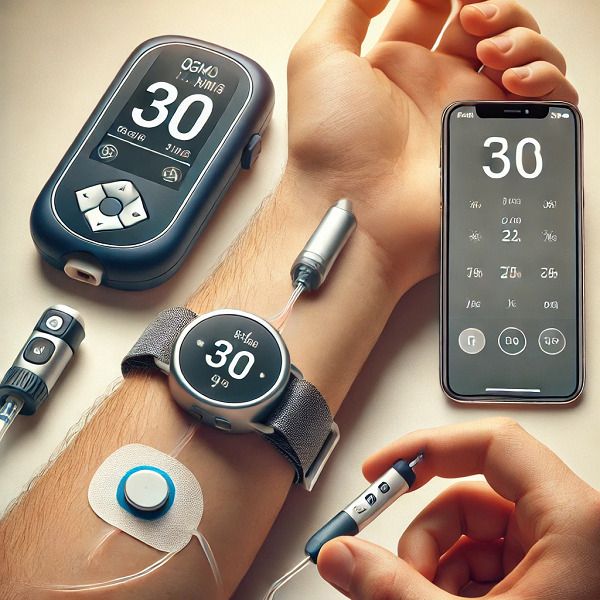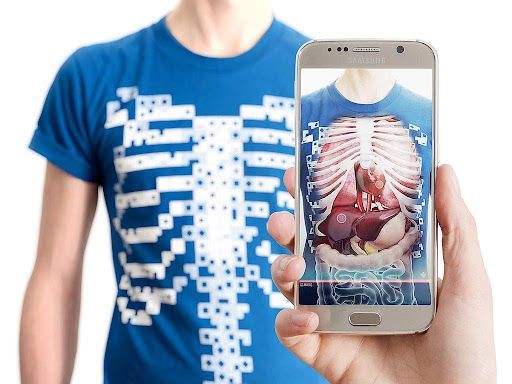Body Alchemist: When the human body becomes the next programmable system
If software engineers build the future in the bit world, then a group of people are exploring the boundaries of technology in another way-they are biological hackers. This group, like the "self-taught people" in the digital world, turned their eyes to the oldest and most complicated machine: our own bodies. They are not satisfied with passively accepting the achievements of medicine and biology, but actively intervene to optimize, enhance and personalize their physiological functions by scientific and technological means.

At first glance, the word "biological hacker" may be associated with mad scientists in science fiction movies or genetic modification in secret laboratories. However, the real bio-hacking movement is much milder and more universal. It is a huge spectrum, covering everything from the simplest behavior and habit change to the most advanced implantation in the body.
At one end of the spectrum, there are practitioners of "quantified self". They use smart bracelets, blood sugar monitors and sleep trackers to collect massive data about their bodies. By analyzing these data, they can accurately adjust their diet, exercise and sleep habits to achieve the best health and cognitive state. This is not only exclusive to fitness enthusiasts, it is becoming a new paradigm of personal health management.
Further, there are some explorers who push bio-hackers to the forefront of technology. They may make "mushroom extract" at home to improve their memory, or carry out "light therapy" to adjust the circadian rhythm. More radical, are those biological hackers who implant (implantables) into the body. They may implant tiny NFC chips at their fingertips to unlock the phone or access control, or implant magnetic implants to sense the magnetic field. These implants are usually tested for biocompatibility, but their existence itself represents a bold challenge to the traditional body boundaries.

The core idea of biological hacker is that we should not regard our body as a fixed and unchangeable entity, but as a system that can be understood, programmed and optimized. They firmly believe that by applying engineering thinking, we can unlock the full potential of human beings. Behind this is the cross-integration of biology, chemistry, engineering and computer science. They use open source projects, share experimental schemes and even fund their research through crowdfunding.
Of course, biological hackers are also facing enormous ethical and security challenges. Unsupervised self-experiment may bring unknown health risks, but the long-term safety of implants in vivo remains to be seen. At a deeper level, it is a philosophical interrogation about "what is human". When we can "upgrade" and "customize" our bodies at will, where is our innate boundary?

However, it is these challenges that make the practice of biological hacking so fascinating. They are "testers" at the forefront of science and technology, using their own bodies to test the craziest conjectures. Many of them are not for fame and fortune, but out of pure desire for knowledge and curiosity about human potential. In their own way, they bring the imagination in science fiction closer to reality step by step.
The emergence of biological hackers indicates the arrival of a new era: an era in which we can actively shape our bodies instead of passively accepting our fate. They may be pioneers and "physical alchemists" in the future. With their practice, they challenge all our inherent cognition of science and technology, body and human nature.
(Writer:Lany)





